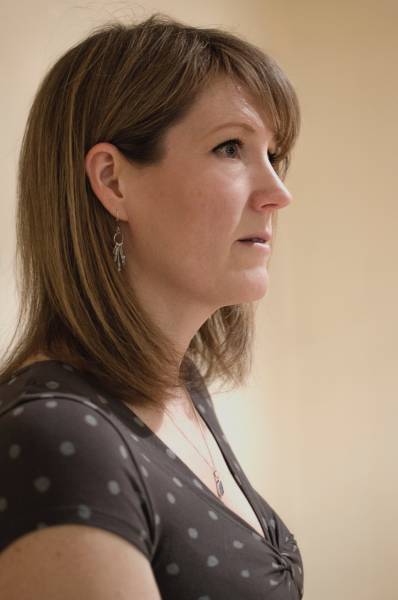Prof Catherine Loveday


Catherine Loveday is a graduate of the University of Westminster (formerly PCL) She began her career with a PhD in the neuropsychology of memory and ageing, supervised by Alan Parkin (University of Sussex) & Brenda Walter (University of Westminster) and continues to focus on the nature of normal and impaired memory.
Catherine has been an active member of the BPS, as a former Chair of the Psychologist Digest Editorial Advisory Committee and member of the Research Board She has a passion for public engagement with science and is regularly invited to give public lectures at festivals, community events and in schools. Catherine is author of "The Secret World of the Brain" and frequently appears as an expert psychologist on BBC Radio 4's All In The MInd, as well as many other radio and television programmes.
Following a PhD in the neuropsychology of memory and ageing, Catherine has continued to focus on the nature of normal and impaired memory and much of her current research focuses on the neuropsychology of autobiographical memory. She works closely with people with various forms of memory loss and is also very keen on interdisciplinary collaboration, for example examining the lived experience of amnesia with cognitive psychologist Martin Conway, and artist Shona Illingworth.
Catherine also has a long-term fascination with music in the brain and has carried out a number of studies looking at the cognitive and neuronal aspects of music processing. Recently, she has brought these two areas of research together and is now investigating how memories of music are central to our sense of self, imagination, emotional state and social functioning. She is particularly interested in the relevance of this for supporting memory and self in older people.
Catherine has also published papers across an eclectic range of other topics including the relationship between stress hormones and attachment in adolescence as well as the psychology of music. She has particular expertise in cognitive assessment (especially memory and executive function) and the use of cognitive profiling for the diagnosis and clinical management of a range of conditions including hydrocephalus, Anorexia Nervosa, traumatic brain injury and dementia.